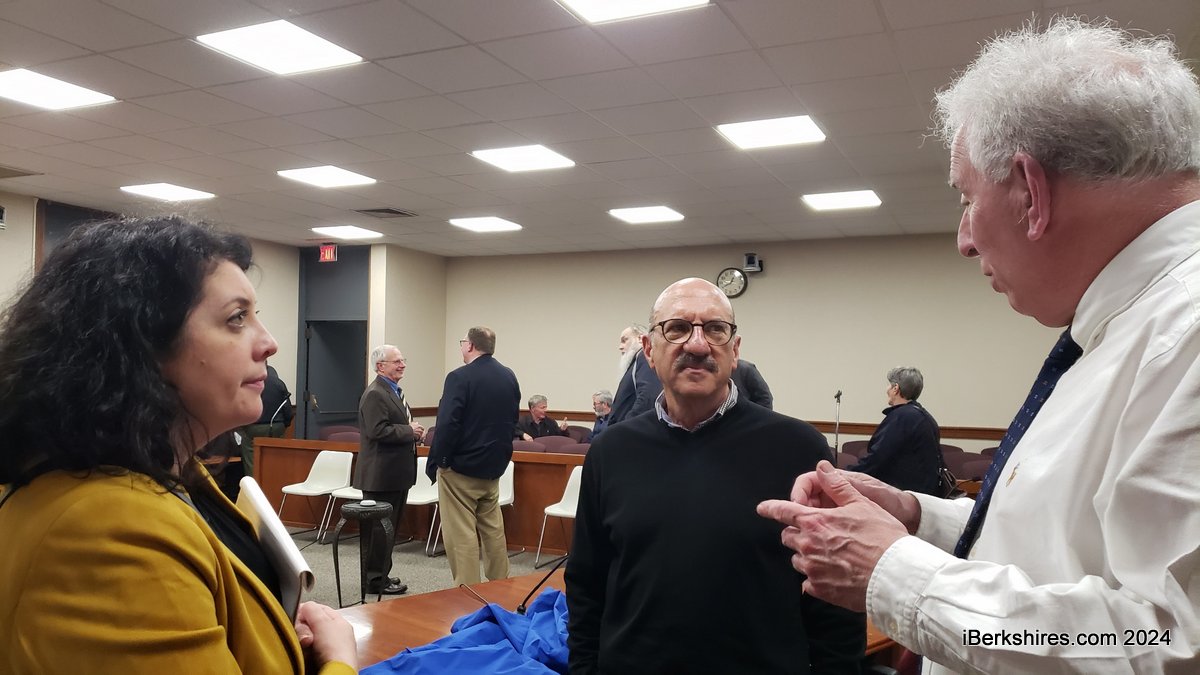
Can You Count on a Bountiful Investment 'Harvest'?
 |
We're officially in autumn – the season when we bring in what we planted in the spring. But the concept of planting and gathering isn't confined to agriculture. In fact, it can be used in many walks of life, including investing. So what can you do to help work toward a successful investment "harvest"?
Here is (not quite) a bushel of ideas:
Plant the right "seeds." When farmers plant specific crops, they know about what to expect – how long it will take for them to grow, how much yield they will produce, and so on. When you invest, you too need to plant "seeds" by choosing investments that are designed to help meet your goals. For example, to accumulate enough money for a comfortable retirement, you will probably need to own a reasonable percentage of growth-oriented vehicles, such as stocks – you generally can't expect the type of growth you need by investing solely in fixed-income investments, such as bonds and certificates of deposit.
Nurture your "crops." Agricultural workers are diligent about cultivating their crops through proper irrigation, fertilization and weed control. And if you want to keep your investment portfolio healthy, you also must find ways to nurture it. First of all, you will need to keep adding new dollars regularly, because the larger your overall investment base, the more you can expand its growth potential. But you might also need to do some "weeding" of your own, because over the years, you may have purchased some investments that, for one reason or another, are now no longer suitable for your needs. If that's the case, you might be better off by selling these investments and using the proceeds for new ones that could fill gaps in your portfolio.
Diversify. Farmers may plant a mix of crops: corn, soybeans, flax, legumes, fruits and so on. Consequently, if one crop fails, it won't sink the farmer's entire business. As an investor, you, too, need to diversify, because if you only own one type of asset class, and a financial downturn hits that asset, your portfolio can take a big hit. But spreading your dollars among stocks, bonds, cash and other investments can help reduce the impact of market volatility on your holdings. (However, diversification can't guarantee profits or protect against all losses.)
Thus far, we've looked at ideas on how you can create a healthy investment crop. But once it's time to actually start harvesting your portfolio – that is, once you begin liquidating parts of it to support yourself during your retirement years – you also need to act carefully. Specifically, you need to establish a withdrawal rate that's appropriate for your situation, based on your age, lifestyle, income sources and other factors. You could be retired for two or three decades, so it's essential you don't withdraw so much during your early years of retirement that you risk outliving your money. A financial professional can help you determine the rate that's right for you.
The agricultural harvest season only lasts a few weeks. But doing a good job of growing and managing your investment crop can help you reap the rewards far into the future.
This article was written by Edward Jones for use by your local Edward Jones financial advisor. Courtesy of Rob Adams, 71 Main Street, North Adams, MA 01247, 413-664-9253.. Edward Jones, its employees and financial advisors cannot provide tax or legal advice. You should consult your attorney or qualified tax advisor regarding your situation. For more information, see EdwardJones.com.
















